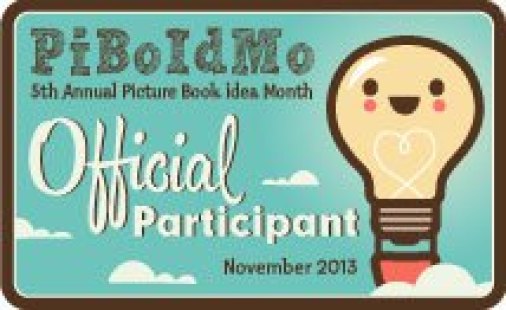 Whoot!! So excited! Got a copy of Jill Williamson‘s latest book from Zondervan. It came when I had stacks of work to do, including major writing deadlines, so my plan was to read the first page or two, then save it for later. OK, so I read the first chapter, and the second, and… I’m sure you get the picture. Several hours later I’d read the whole book and still can’t get it out of my mind.
Whoot!! So excited! Got a copy of Jill Williamson‘s latest book from Zondervan. It came when I had stacks of work to do, including major writing deadlines, so my plan was to read the first page or two, then save it for later. OK, so I read the first chapter, and the second, and… I’m sure you get the picture. Several hours later I’d read the whole book and still can’t get it out of my mind.
I’ve included a synopsis below, but that doesn’t do the book justice. So much of the heart-pounding excitement is left out. And it doesn’t capture the humor or the poignancy. I don’t want to include any spoilers here, but suppose you were a clone who had been isolated in an underground facility and had never experienced life? And what if you escaped for a brief time? Wouldn’t you have a lot of questions? So does Martyr (or J:3:3). And his naïveté leads to many humorous situations.
So often Martyr’s innocent questions leave you torn between wanting to laugh and cry. Williamson is a master at defusing sadness with deft touches of humor. But the humor never detracted from the more serious message: Do clones have souls?
Kudos to Zondervan for being willing to tackle the cloning issue from a totally different point of view. Not whether cloning is right or wrong, but what would happen in the future if cloning humans becomes a reality. Williamson has dealt with this topic in a fun-to-read thriller that raises many thought-provoking questions. Questions that are sure to haunt you–the same way her carefully drawn characters will–long after the book covers are closed.
If you aren’t already a Williamson fan, after reading Replication, dip into her award-winning Blood of Kings trilogy (Marcher Lord Press), which has been compared to Tolkien. She also has stories in the anthologies, Spirited (Leap Books) and Ether Ore (MLP). All well worth reading!
BOOK BLURB
Martyr—otherwise known as Jason 3:3—is one of hundreds of clones kept in a remote facility called Jason Farms. Told that he has been created to save humanity, Martyr has just one wish before he is scheduled to ‘expire’ in less than a month. To see the sky. Abby Goyer may have just moved to Alaska, but she has a feeling something strange is going on at the farm where her father works. But even this smart, confident girl could never have imagined what lies beneath a simple barn. Or what would happen when a mysterious boy shows up at her door, asking about the stars. As the reality of the Jason Experiment comes to light, Martyr is caught between two futures—the one for which he was produced and the one Abby believes God created him to have. Time is running out, and Martyr must decide if a life with Abby is worth leaving everything he’s ever known.
ABOUT THE AUTHOR
Jill Williamson is a novelist, dreamer, and believer. Growing up in Alaska led to a love of books, and in 2010 her first novel, By Darkness Hid, won the Christy Award. She loves working with teenagers and gives writing workshops at libraries, schools, camps, and churches. Jill lives in Oregon with her husband and two children. Visit Jill online at www.jillwilliamson.com.




 Argentina
Argentina Australia
Australia Austria
Austria Belgium
Belgium Bosnia and Herzegovina
Bosnia and Herzegovina Brazil
Brazil Bulgaria
Bulgaria Canada
Canada Chile
Chile China
China Cyprus
Cyprus Czech Republic
Czech Republic Denmark
Denmark Estonia
Estonia Finland
Finland France
France Germany
Germany Greece
Greece Guatemala
Guatemala Ireland
Ireland Italy
Italy Kazakhstan
Kazakhstan Latvia
Latvia Lithuania
Lithuania Luxembourg
Luxembourg Mexico
Mexico Netherlands
Netherlands New Zealand
New Zealand Norway
Norway Peru
Peru Poland
Poland Portugal
Portugal Romania
Romania Russia
Russia Serbia
Serbia Slovakia
Slovakia Slovenia
Slovenia South Africa
South Africa Spain
Spain Sweden
Sweden Switzerland
Switzerland Turkey
Turkey Ukraine
Ukraine United Kingdom
United Kingdom United States
United States Uruguay
Uruguay








